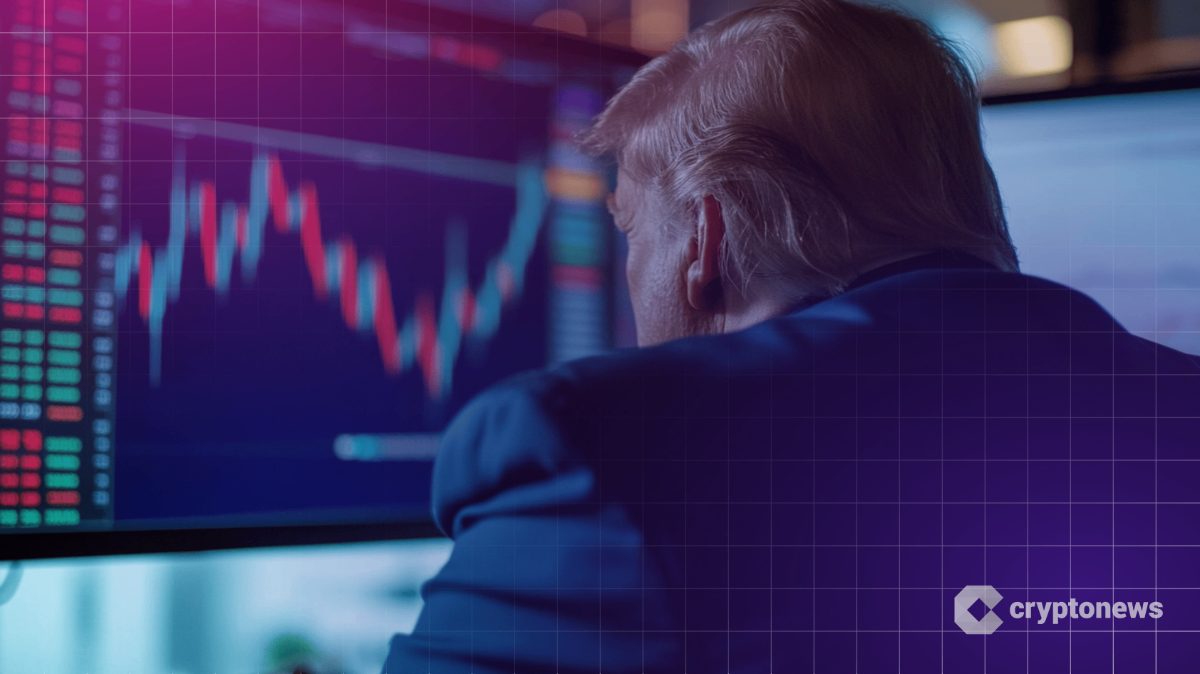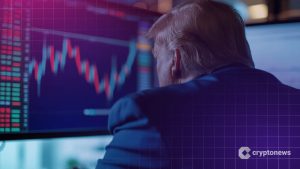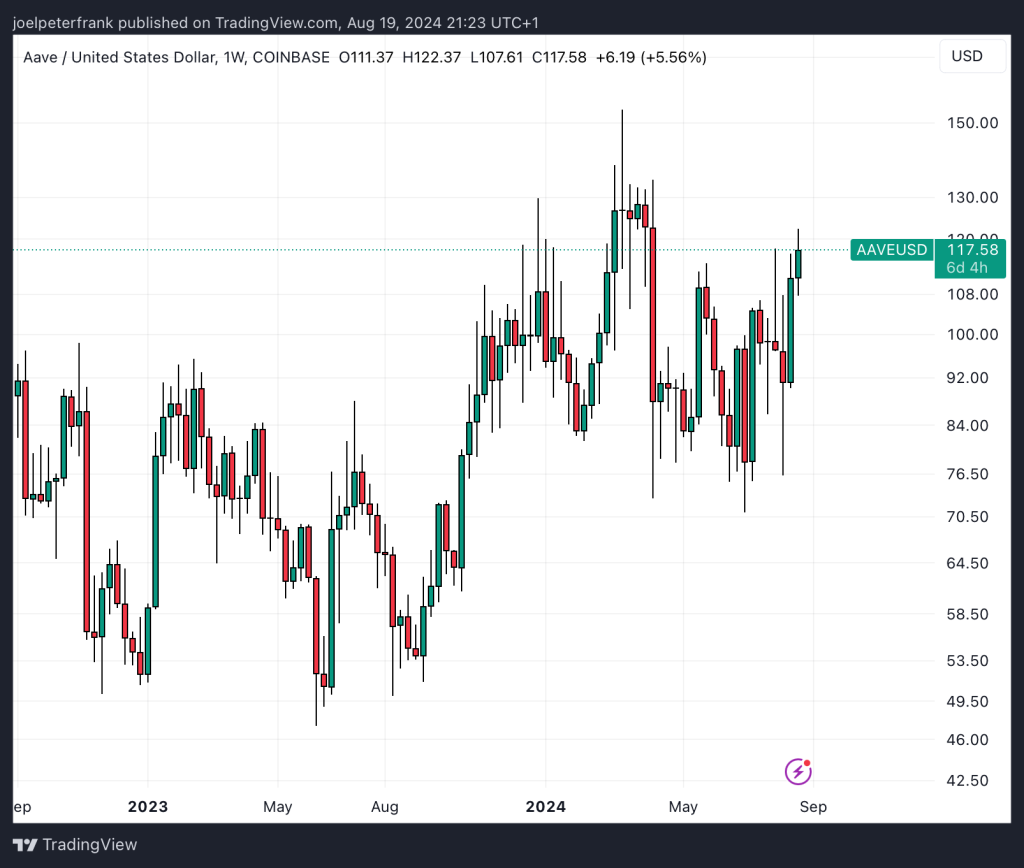
Key Takeaways:
- The capital raise would substantially expand Trump-affiliated crypto holdings beyond previously disclosed ventures.
- Legal experts are assessing how existing ethics and disclosure statutes apply to assets held in revocable trusts controlled by relatives of sitting presidents.
- Financial market analysts say the scale of the raise could affect liquidity in major digital assets if deployed aggressively.
Trump Media & Technology Group is preparing to raise $3 billion to purchase digital assets, including Bitcoin, according to a Financial Times report published on May 27.
The company, which operates Truth Social and is controlled by President Donald Trump’s family, is planning a $2 billion equity offering alongside a $1 billion convertible bond. The deal structure remains subject to change, though sources told the FT that interest in the offering has grown in recent weeks.
Trump Media Eyes Crypto Market Expansion
According to people familiar with the matter, the fundraising initiative may be formally announced during a crypto industry event in Las Vegas this week. Scheduled speakers include Vice President JD Vance, Donald Trump Jr., Eric Trump, and crypto policy advisor David Sacks.
If completed, the capital raise would be one of the largest direct investments in cryptocurrency by a media entity. It would also expand the Trump family’s business activity in the sector, which includes two meme coins, an NFT trading card venture, and a stake in a stablecoin platform.
The company’s public response to the FT report was dismissive. “Apparently, the Financial Times has dumb writers listening to even dumber sources,” it said in a statement.
Trump transferred his majority stake in the company, valued at approximately $3 billion, to a revocable trust managed by Donald Trump Jr. after he re-entered office.
TMTG’s approach resembles that of other firms that have acquired large amounts of Bitcoin through debt and equity markets, such as MicroStrategy. Shares of TMTG closed Friday at $25.72, valuing the firm at nearly $6 billion.
President’s Activity Sparks Ethics Concerns
Trump has publicly supported the expansion of crypto access and has pledged to make the United States a leading center for digital assets. Last week, he hosted a private dinner for investors in his personal meme coin project at his golf club.
The planned capital raise places Trump Media in a position to act not just as a participant in crypto markets but as a large holder of digital assets under the direction of the president’s family.
That development adds pressure on lawmakers to clarify the boundaries between officeholders and private financial exposure.
It also raises new concerns about how policy decisions may be shaped when those in power hold material interests in the industries they oversee. The current ethics and disclosure rules may not fully account for the structure or opacity of digital asset holdings.
Frequently Asked Questions (FAQ)
Current law does not prohibit family-managed trusts from holding such assets, but ethics experts warn that this creates a gray area when the officeholder may benefit indirectly.
Unlike prior examples centered on real estate or hospitality, this case involves volatile, lightly regulated assets with price sensitivity to policy decisions.
Revocable trusts are often exempt from public disclosure unless income is transferred directly. This limits what the public or Congress can review in real time.





